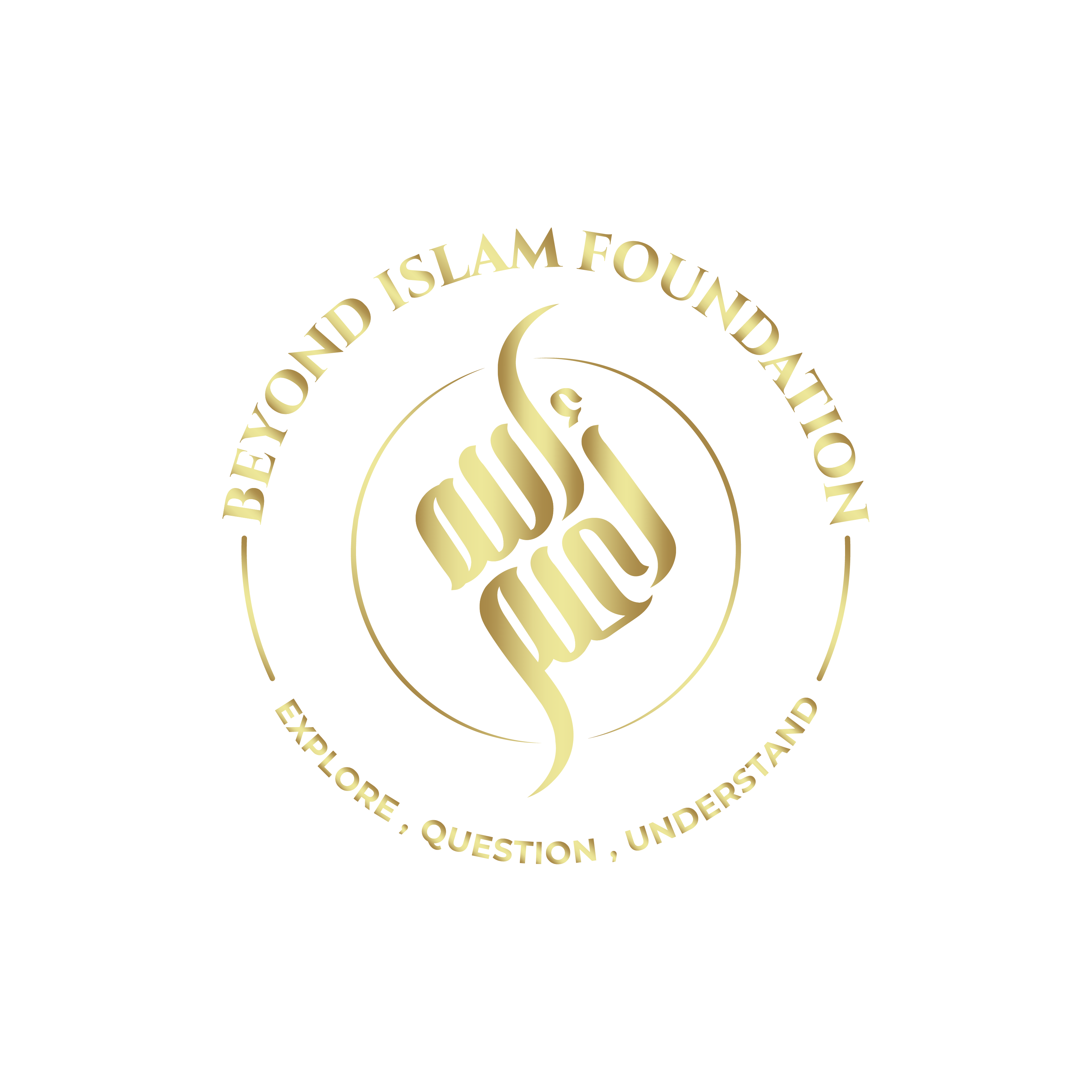Introduction
Zakāt is traditionally understood as a fixed percentage of wealth, but does this align with the Qur’anic message? A deeper analysis shows that zakāt in the Qur’an is far more comprehensive than a mere financial obligation—it is a principle of purification, ethical redistribution, and social justice.
This article explores how zakāt is defined in the Qur’an, its connection to ṣalāt, and how its true essence has been overshadowed by later hadith-based formulations.

1. The Etymology of Zakāt: Purification and Growth
The word zakāt (زكاة) comes from the root z-k-w (ز-ك-و), which means to purify, grow, and flourish. This suggests that zakāt is not merely a tax but a process of moral and economic purification, ensuring that wealth and resources contribute to a just society.
2. What Is a Universal Meaning of Zakāt?
Throughout the Qur’an, zakāt consistently refers to an active purification process. It is both a moral and economic principle aimed at just distribution of resources**.**
💡 Universal Meaning:
“Righteous purification and growth.”
🔹 Why?
- This definition applies to all Qur’anic verses mentioning zakāt, without restricting it to a fixed percentage of wealth.
- In 19:31, where Isa (Jesus) says he has been commanded to give zakāt → This cannot mean only material charity, but also general purification and sincere actions.
- In 7:156, zakāt is linked to general goodness and moral purification, reinforcing its broader meaning.
3. Zakāt in the Qur’an: Beyond a Fixed Percentage
Traditional interpretations of zakāt prescribe a fixed 2.5% tax on wealth, often paid annually. However, the Qur’an presents zakāt as a broader ethical obligation rather than a rigid financial rule.
🔹 Zakāt is tied to productivity, not a fixed annual payment:
“And give its due on the day of harvest.” (6:141)This means that zakāt is linked to earnings and production, suggesting a dynamic form of redistribution rather than a fixed yearly tax.
🔹 Zakāt is associated with purification and ethical giving:
“Take from their wealth a zakāt by which you cleanse them and purify them, and support them.” (9:103)
🔹 Zakāt is about fair economic distribution, not charity:
“And those who maintain ṣalāt and allocate a rightful portion of their wealth for those who ask and those who are deprived.” (70:23-25)\
This confirms that zakāt is about ensuring economic fairness rather than merely giving voluntary alms.
📌 Conclusion: The Qur’an defines zakāt as a continuous practice of purification and fair economic redistribution, not a rigid tax system.
4. The Connection Between Zakāt and Ṣalāt
Zakāt and ṣalāt are frequently mentioned together in the Qur’an, indicating that both concepts are deeply interconnected.
🔹 Zakāt and ṣalāt as foundational principles of faith:
“And they were commanded only to worship Allah, being sincere in faith, to establish ṣalāt, and to give zakāt. That is the upright religion.” (98:5)
🔹 Zakāt as part of social and moral justice:
“Those who, if We establish them in the land, uphold ṣalāt and give zakāt, and enjoin what is right and forbid what is wrong. And to Allah belongs the final decision.” (22:41)
📌 Conclusion: The Qur’an presents zakāt and ṣalāt as principles of spiritual and societal balance, not just ritualistic obligations.
5. The Hadith-Based Distortion of Zakāt
Centuries after the Qur’anic revelation, hadith collections codified zakāt into a rigid tax system, imposing specific percentages and categories not found in the Qur’an. However, this contradicts the Qur’anic concept of zakāt as a dynamic, context-dependent obligation based on economic activity.
🔹 The Qur’an never defines a fixed percentage for zakāt.
🔹 The Qur’an ties zakāt to income and productivity, not to annual wealth accumulation.
🔹 The Qur’an emphasizes zakāt as a moral responsibility rather than a state-imposed tax.
📌 Conclusion: The hadith-based zakāt system reduced a Qur’anic principle of purification and justice into a mechanical financial obligation, stripping it of its deeper ethical meaning.
6. What Zakāt Truly Means According to the Qur’an
By following the Qur’an alone, we see that zakāt means:
✔ A continuous process of purifying wealth and character.\
✔ A fair and just redistribution of resources based on productivity.\
✔ A societal obligation to prevent economic exploitation and ensure fairness.
📌 A final question for hadith-followers:\
👉 Why rely on human narrations to define zakāt when the Qur’an is sufficient and provides a complete definition of it?
7. Conclusion
The Qur’an presents zakāt as a system of economic justice and purification, not a rigid tax. The hadith-based interpretation of zakāt can be refuted by:
✔ Highlighting that zakāt is tied to productivity and fairness, not a fixed percentage.\
✔ Emphasizing that the Qur’an is a complete guide (6:38).\
✔ Showing that hadith literature emerged later and is not part of divine revelation.
💡 Zakāt, as defined in the Qur’an, is a dynamic and continuous practice of economic justice and purification—far removed from the rigid formulas imposed by later traditions. 🚀




